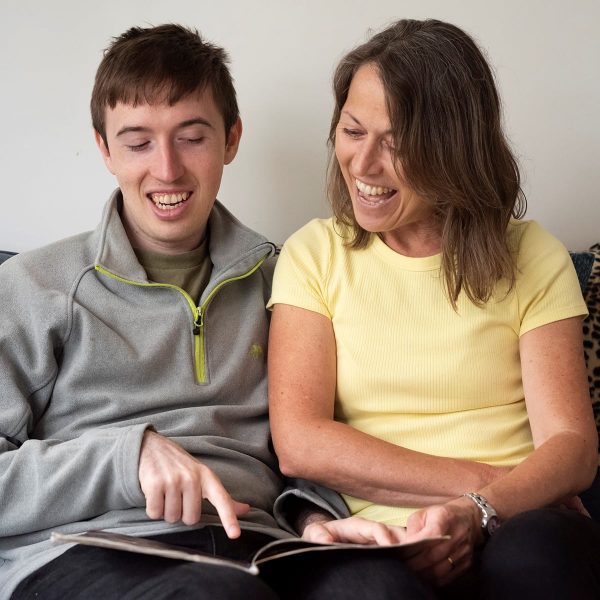Trustees Report
Objectives and Activities
For the year ended 30 September 2024
Trustees Report
For the year ended 30 September 2024
Our purposes
The following is a summary of the Foundation’s purposes as set out in full in its governing document and as available on the Charity Commission register
What
Who
How

THE SOCIAL CARE SECTOR
CARERS
THOSE LIVING IN CARE
INTEGRITY
of people and process, ensuring that we always operate at the highest standards of probity and
good governance.
COLLABORATION
with partners and stakeholders, proactively reaching out to forge new relationships and
building alliances to deliver greater impact.
EMPOWERMENT
of our beneficiaries and people, pushing decision-making down to the lowest levels possible
so that people are in greater control of their lives and careers.
COMMITMENT
to outcomes, focusing on delivering meaningful impact in all that we do.
The Foundation’s four grant streams are an effective means by which to deliver its strategic aims. The Partnerships Grants are a good demonstration of how a creative approach to the Foundation’s assets – financial and otherwise – can be deployed to good effect.
Trustees have agreed that, to most effectively manage our risk and to deliver the best possible impact, we will limit our Partnership Grants portfolio to 3-4 Flagship Partnerships and 10-15 other partnerships. Flagship Partnerships will be those where trustees consider the scope for impact to be greatest and where additional staff (and trustee) time and effort should be devoted. Whilst it is likely that Flagship Partnerships will also receive larger financial investments, this is not necessarily the case.
Over the period of this Strategy, we will:
The Foundation is in a special position of being able to bring together social care sector partners, charitable
partners and wider funding partners. This rich mix of expertise from different disciplines is one that we will seek
to develop further over the course of this Plan.
Over the period of this Strategy, we will:
The Foundation has positioned itself as a funder that welcomes risks, makes bold investment decisions and champions the social care sector with a unique perspective using a charity lens. In addition, the Foundation’s strong commitment to and action on Diversity, Equity and Inclusion issues and also to Environmental Sustainability add strength to our commitment to high standards.
Over the period of this strategy, we will:
Partnership Grants
Read moreThe Foundation supports a small number of significant partnerships with credible and high-quality charities and social enterprises consistent with its three key focus areas.
Our Match-Funding Grants are open to all CareTech staff and those in their care for their individual fundraising efforts for charitable causes in line with our Charitable Objectives.
The Foundation delivers a small grants programme to support the communities, families and friends of CareTech staff facing significant financial hardship or for issues affecting local communities in which CareTech operates.
Staff Hardship Fund
Read moreThe Foundation receives a restricted donation from CareTech Holdings Limited to enable us to provide small grants to CareTech staff and those who may recently have left the company who find themselves in significant financial hardship or at serious risk of becoming in significant financial hardship.
The Foundation will directly commission projects with partners to tackle issues of relevance to our work, especially when we have access to in-house expertise within the Foundation and/or our colleagues in the CareTech Group.
Where appropriate, the Foundation will act as the host charity for initiatives relevant to our agenda. This was first used to good effect during the COVID-19 pandemic when we were able to provide strong governance arrangements to support important new initiatives. Our most notable, and successful, hosting arrangement is that for Championing Social Care.
“The CareTech Foundation delivers meaningful impact to communities in the UK and overseas by supporting and championing the social care sector, care workers and those living in care.”